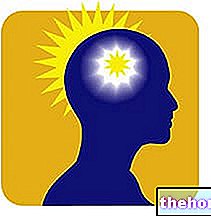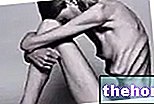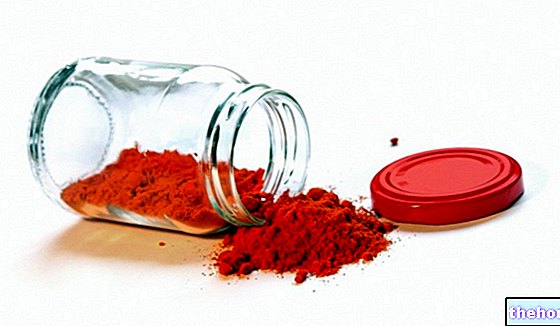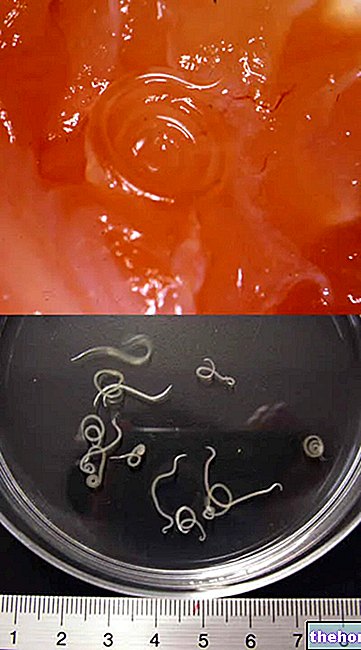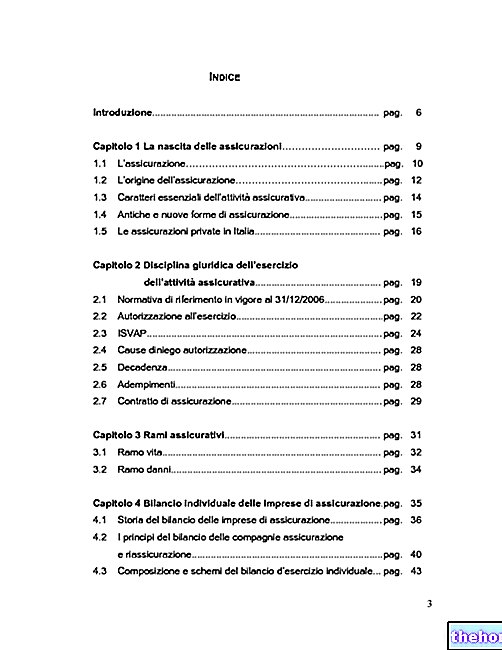
In fact, contrary to what one might think, anxiety is not always to be considered as an anomalous phenomenon which necessarily means that the individual who experiences it can be defined as sick; on the contrary, in some circumstances and within certain limits it must be considered as a completely normal and, indeed, fundamental phenomenon.
. Despite this, the triggers are not fully known. It is believed that in the etiology of anxious disease there is the involvement of:- Genetic and family factors;
- Environmental factors;
- Presence of any other pathologies (even of a non-psychological nature).
In order to allow drug treatment, we tried to understand which organic factors were involved in the appearance of the anxious disease. From the studies carried out it emerged that the variation in the levels of some types of neurotransmitters can be related to the development of anxiety. More in detail, we are talking about:
- Gamma-aminobutyric acid (or GABA), one of the most important inhibitory neurotransmitters in our body;
- Noradrenaline (or NA);
- Serotonin (or 5-HT, or 5-hydroxytryptamine).
What are the Symptoms of Pathological Anxiety?
As already mentioned, anxiety is characterized by the perception of a psychophysical tension accompanied by sensations of fear, restlessness and worry. These sensations can be associated with physical symptoms such as:
- Wheezing
- Increased heart rate
- Dizziness;
- Difficulty swallowing
- Insomnia;
- Muscle tension;
- Tremors.
However, it should be noted that anxious manifestations can vary - both in type and in intensity - from one individual to another. The above are just some of the possible symptoms that can arise in case of anxiety.
However, the symptoms compromise the patient's quality of life as the perceived anxiety is usually excessive or inappropriate. Furthermore, those who suffer from pathological anxiety often experience a situation of constant fear of developing new "attacks", which can only make the situation worse.
Therefore, it is easy to understand how important it is to consult a doctor to obtain a correct and timely diagnosis.
How is Pathological Anxiety Treated?
First of all, it is good to be able to identify the triggering cause of the anxiety disorder by contacting a specialist. After that, the latter may decide to intervene in different ways: with psychotherapy, with drug therapy or with a combination of the same.
Of course, if anxiety is secondary to other types of pathologies, when possible, it is necessary to intervene on them as well, treating them in the most appropriate way.
In-depth articles on "Anxiety and its Treatment
- Anxiety
- Panic disorder and / or agoraphobia
- Anxiety Disorders
- Obsessive Compulsive Disorder
- Post-traumatic stress disorder and acute stress disorder
- Phobias
- Anxiolytics - Anxiolytic Drugs
- Anxiety - Medicines to Treat Anxiety
- Anxiety - Herbal Medicine


-cos-cause-sintomi-e-terapia.jpg)


